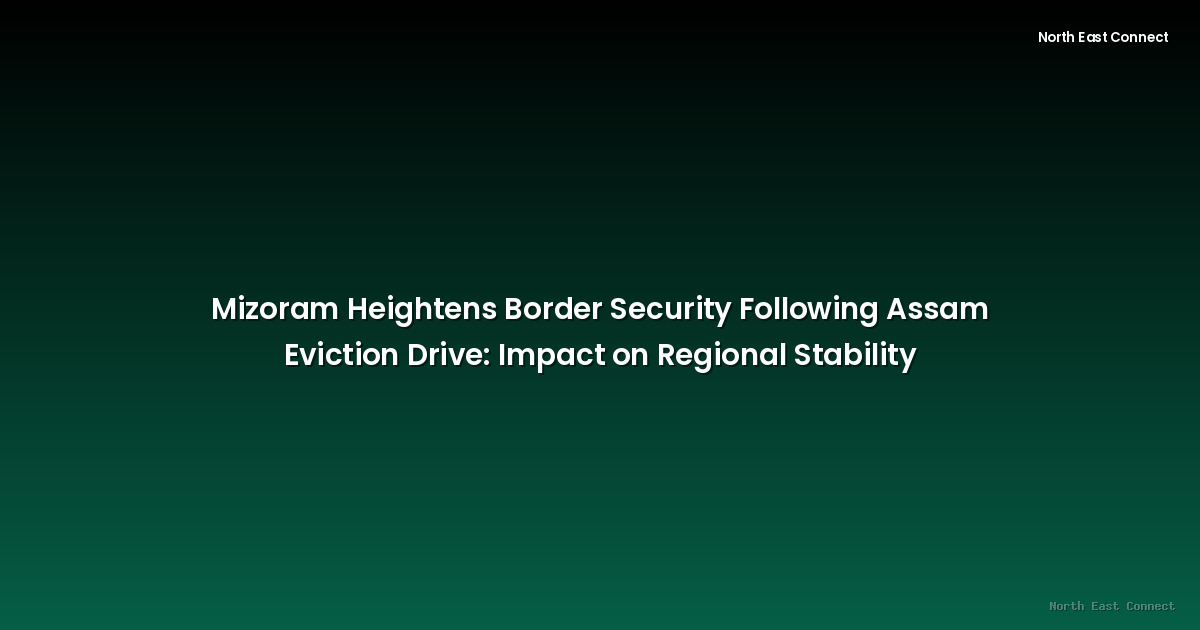2025-08-29 · News
The states of Assam and Arunachal Pradesh share a complex and extensive border, historically marked by ambiguities in demarcation and occasional disputes. Recent developments indicate a concerted effort by both state governments to strengthen border management and foster greater cooperation. These initiatives aim to resolve long-standing land ownership issues and enhance regional security.
The lack of a clearly defined border has, in the past, led to friction between communities residing on either side. These disputes often involve claims to land and resources, sometimes escalating into larger conflicts. Addressing these issues is paramount to maintaining peace and stability in the region. The recent initiatives, while not explicitly detailed in available public information, focus on several key areas.
One major focus appears to be on land boundary demarcation. Through joint surveys and discussions, both states are working towards a more precise mapping of the border. This involves utilizing modern surveying techniques and leveraging historical records to establish accurate boundaries. This process requires careful consideration of existing settlements and land usage patterns to minimize disruption and ensure a fair and equitable outcome for all affected communities.
Beyond land demarcation, the initiative also emphasizes security cooperation. This includes strengthening joint patrolling mechanisms, improving communication channels, and enhancing intelligence sharing between Assam and Arunachal Pradesh’s respective law enforcement agencies. The goal is to prevent and address cross-border criminal activities, including smuggling, illegal immigration, and other threats to regional security. Improved communication and coordinated actions are key to addressing these challenges effectively.
The success of these joint efforts hinges on sustained commitment and collaboration between the two states. Open dialogue, transparency, and a willingness to compromise are essential for navigating complex land ownership disputes and achieving a mutually acceptable resolution. While the specific details of agreements and timelines remain undisclosed, the overall direction points towards a proactive approach to resolving border issues and enhancing regional security. The long-term impact of these initiatives will be crucial in ensuring peaceful coexistence and economic development along the shared Assam-Arunachal Pradesh border.
The joint approach reflects a positive shift towards collaborative border management, potentially setting a precedent for other states in Northeast India facing similar challenges. This emphasis on dialogue and cooperation underscores a recognition of the importance of regional stability and the shared interests of the two states in maintaining peaceful and productive relations. Further transparency on the progress and outcomes of these initiatives will be beneficial for community understanding and building confidence. The coming months and years will show the effectiveness of this cooperative approach in addressing the longstanding challenges along the Assam-Arunachal Pradesh border. Success will not only improve the lives of border communities but also contribute to a more stable and prosperous Northeast India.







